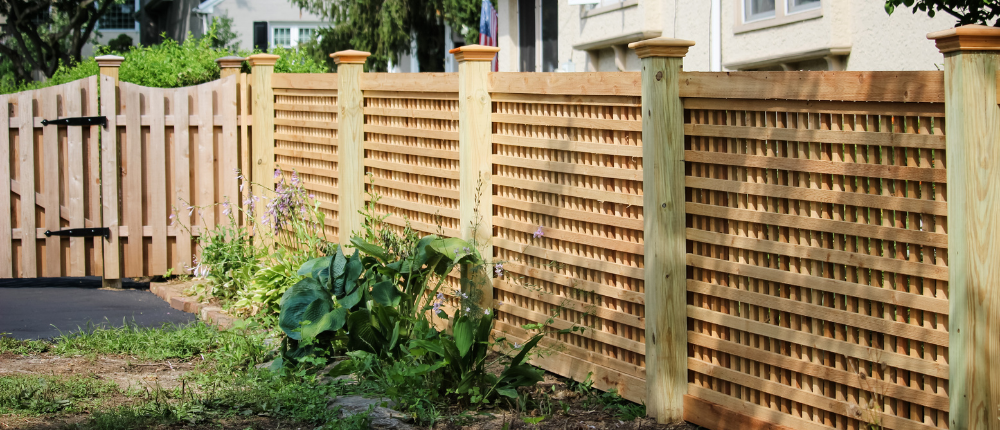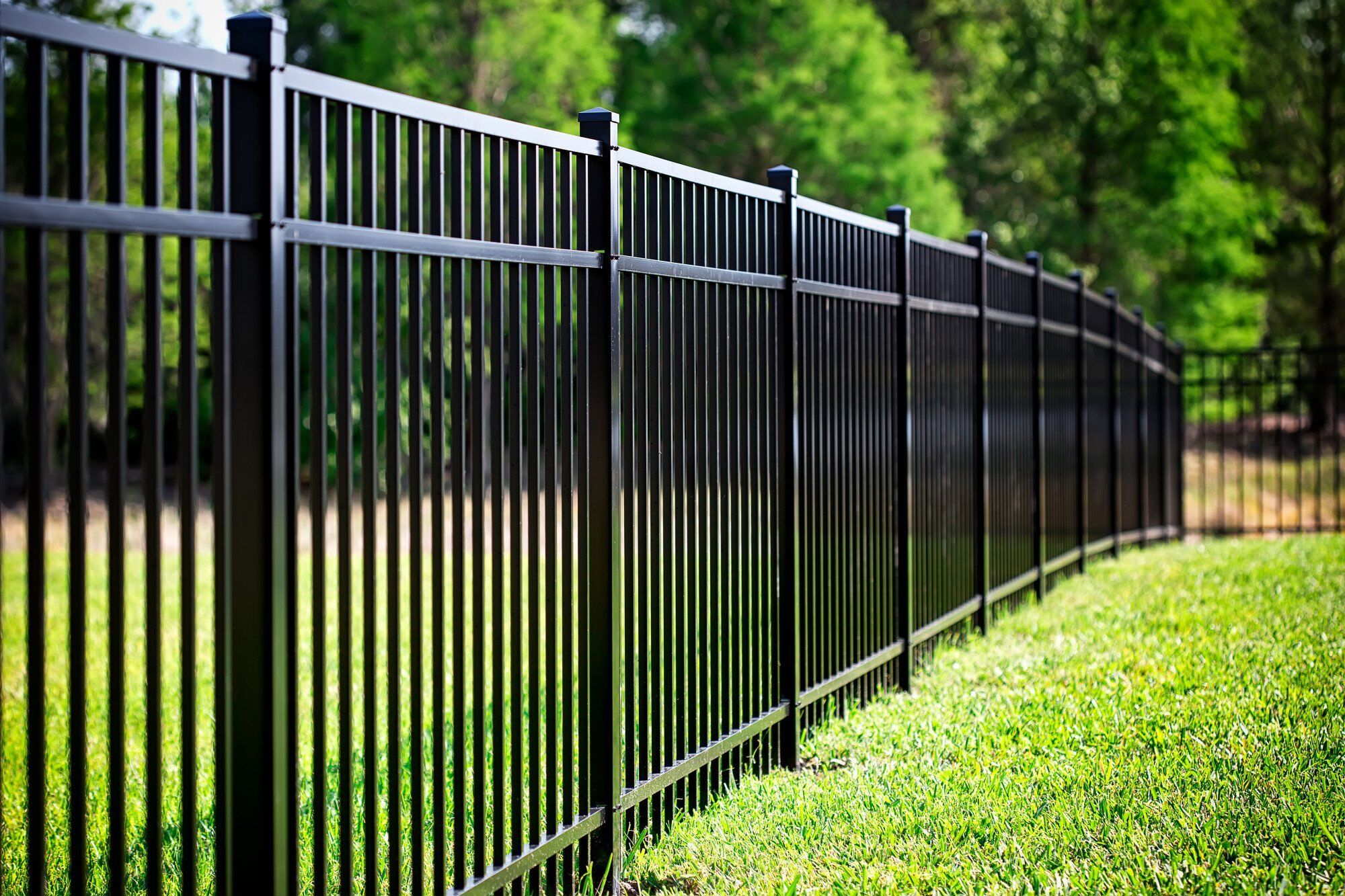Featured

When planning a brand-new fencing for your home, it's very easy to focus on the standard costs-- materials, setup, and labor. Nonetheless, numerous surprise expenses can dramatically influence your total budget. These extra expenditures commonly go undetected however can swiftly accumulate if you're not prepared. Here's a guide to several of the most usual hidden costs to take into consideration when budgeting for your secure fencing job.
- Permit Costs and Legal Demands. Before you begin digging, it is essential to inspect if your area needs a license to set up a fencing. Several communities have zoning regulations that control fencing height, material, and positioning, particularly if you're developing near a property line or in an area with a Homeowners' Organization (HOA) These regulations ensure the fence fulfills local criteria, yet they additionally come with linked costs.
Expense range: $50 to $500, depending on your area and the complexity of your job. 2. Fence Elimination and Disposal. If you're changing an existing fencing, removal and disposal of the old structure is an added expense that can conveniently be ignored. Fencing elimination typically involves taking apart the old fence, carrying away the products, and throwing away them appropriately. Disposal costs can differ, particularly if the old materials require special delivery, such as cured timber or steel.

Price range: $2 to $10 per direct foot for removal and disposal, relying on the products. 3. Land Prep Work and Excavation. If the land where your fence is being installed is irregular, rocky, or covered in plants, it may require to be cleared or leveled. Grading or excavation prices can include to your complete job expenses, especially if you're installing articles in hard-to-dig soil.
Expense variety: $300 to $2,000, depending upon the website's problem. 4. Energy Line Identification and Changes. Prior to excavating, it's important to make sure that no below ground utilities, like water, gas, or electric lines, will be disrupted during the installment. A lot of professionals will contact utility firms to note these lines, yet there can be additional expenses if modifications are required to avoid destructive existing infrastructure.
Cost array: $100 to $500, depending upon whether modifications are essential. 5. Custom-made Features and Upgrades. While your basic fencing may include basic materials, you could intend to include custom functions like gates, attractive panels, or incorporated lights. Automatic gateways or safety and security systems are especially pricey and need expert installation. Including these extras raises the complete price of your fence, so ensure to factor them into your spending plan.

Expense array: $100 to $1,500+ for gates or attributes, depending upon dimension and intricacy. 6. Delivery and Transportation Costs. Depending upon where your products are sourced, you might be charged a different delivery fee for transferring the fence products to your residential or commercial property. This is especially common with hefty or big orders, such as wood panels or metal fencing. Shipment expenses can also vary based upon the distance between the vendor and your place.
Price array: $50 to $300 for delivery, depending upon distance and the quantity of materials. 7. Maintenance Expenses In Time. Many kinds of fencings, specifically wood fences, require ongoing upkeep to remain in excellent condition. Routine tasks like staining, sealing, and cleansing will certainly assist prolong the life of your fence. Some products, such as plastic or steel, might be extra low-maintenance but can still sustain expenses for fixings or replacements if harmed.
Annual expense range: $50 to $300 for maintenance, relying on material and climate. 8. Climate Delays. Mother earth doesn't constantly accept your timeline. If your setup is postponed by bad climate, such as rainfall or extreme heat, you may face extra labor expenses if workers need to go back to complete the job at a later time. Delays can likewise expand the project timeline, pushing back when the fence awaits use.
Price range: Variable, relying on how much time the delay lasts. 9. Residential Property Line Disputes. Setting up a fencing near to your residential property line can occasionally bring about disputes with next-door neighbors. It may be required to employ a professional land surveyor to validate the residential or commercial property line before setup if your limit is unclear. This extra action ensures you will not inadvertently intrude on your neighbor's land, but it features included costs.
Expense array: $400 to $1,000 for a residential or commercial property study, depending on your place. 10. Soil and Ground Conditions. Certain soil kinds can present challenges throughout setup. If your residential property has rocky, compacted, or clay-based dirt, excavating holes for posts can be far more challenging, calling for customized equipment or more time to finish. Harder ground conditions may likewise demand using other or concrete enhancing products for included security.
Cost variety: $100 to $500 for devices or added labor. Conclusion. Permits, website preparation, old fence removal, energy adjustments, and custom features can all include up. By accounting for these concealed expenses, you can guarantee that your fencing job stays within spending plan and is completed without unanticipated financial shocks.
Latest Posts
Uncover Montclare Auto Repair’s Premier Services and Why Drivers Trust Them
Published May 27, 25
1 min read
Boost Your Home's Exterior with Weathercraft's Siding Solutions
Published May 23, 25
1 min read
Shield Your Home with Quality Residential Roofing
Published May 23, 25
1 min read